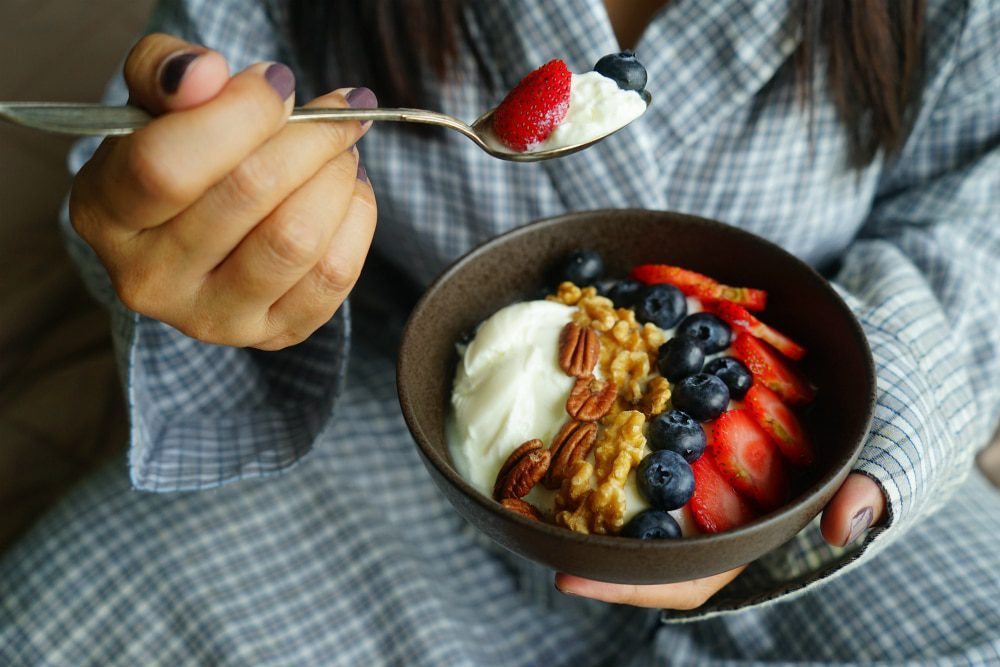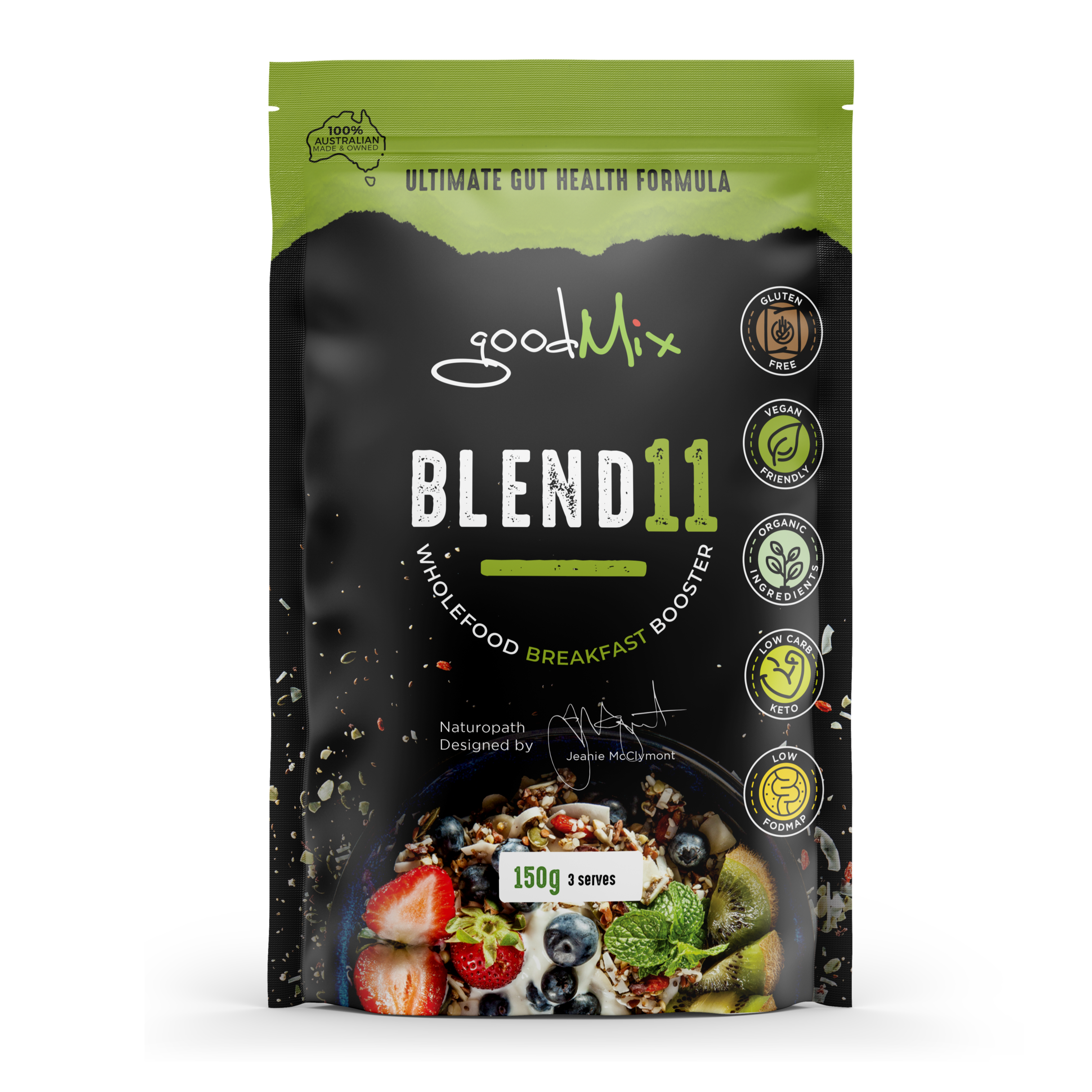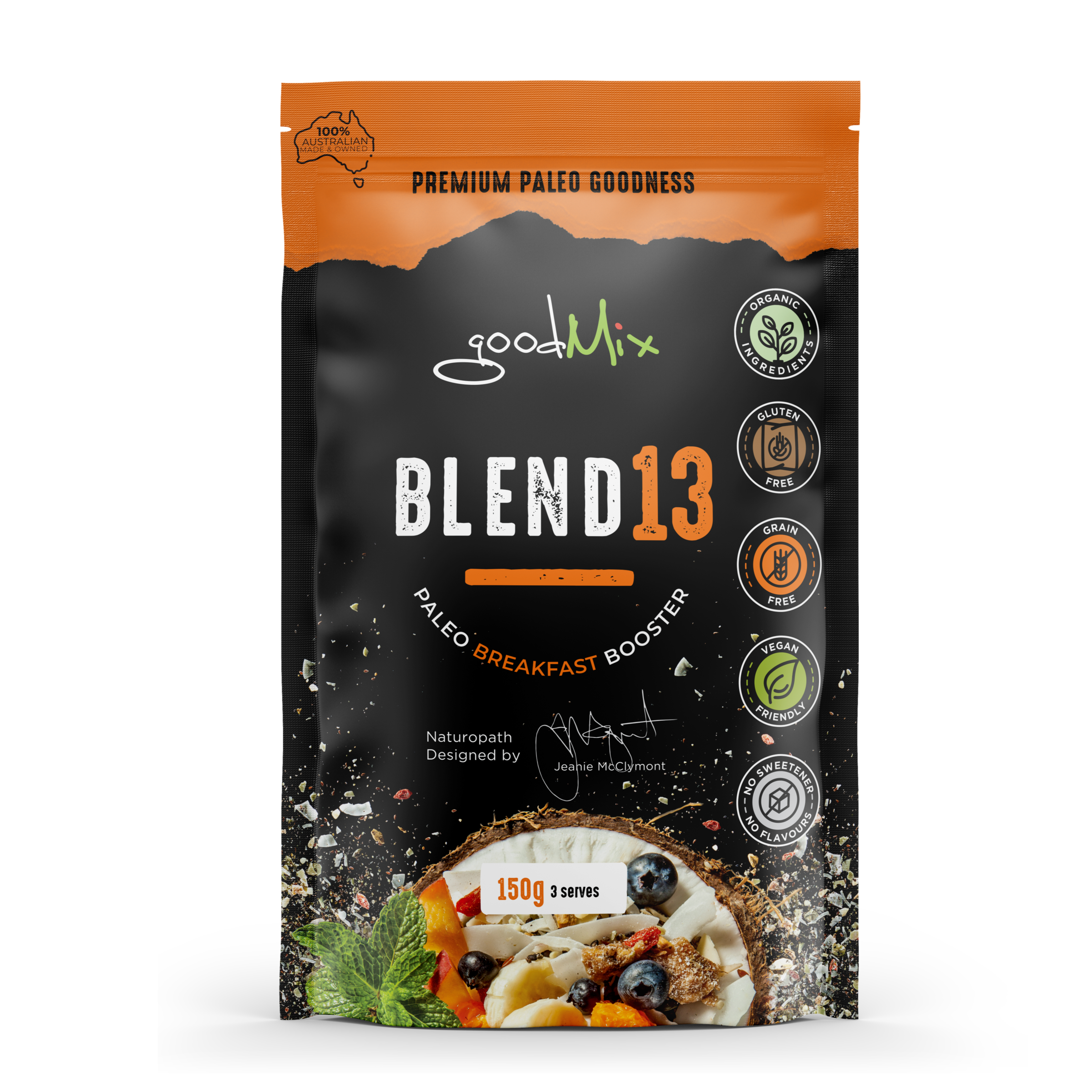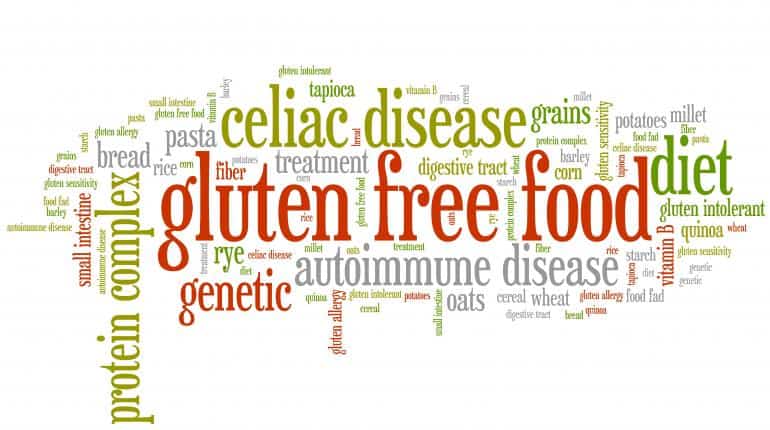Maintaining and Improving Your Gut Health Whilst on A Keto Diet for Weight Loss:
The keto diet (very low carb, high fat & moderate protein) works really well for many people wanting to lose weight quickly. When you lose the constant stream of blood sugar from carbs to fuel your body, you are forced to ‘switch gear’ & adapt to burning fat for fuel instead. This sounds so simple - ditch the carbs, start burning fat & get skinny, hallelujah! Like anything that sounds this great, it is too good to be true. Well - it is true, you’ll definitely burn fat for fuel - but the keto diet for weight loss can have some negative effects on your gut if not treated with respect.
I personally have spoken to many people who love the diet, have lost a heap of weight, feel good on it (not hungry & craving sweets; stable blood sugar & energy levels; not needing to eat so often etc & even those who have reversed insulin resistance / borderline type 2 diabetes). BUT - I have also spoken to people who’ve noticed negative gut & metabolic side effects, ongoing after switching back to a diet with more carbs (also plenty of research to back the downside of poorly managed keto diets for weight loss). Never sacrifice your long term health for a quick weight loss result. I think keto diets can be a very effective & safe tool, but I worry that a lot of people embark on this type of diet without doing their research / getting support from someone who has. Keto is a powerful tool, capable of creating drastic changes - so needs to be treated with respect.
Points to remember:
Any big dietary change will alter your gut microbiome, which is a pretty powerful thing & can work for you or against you. Consider this with all dietary changes. Don’t embark on ANY diet without considering or researching the likely impact on your microbes & gut lining. Consult a professional if in doubt / for advice specific to you.
The typical western diet (high in sugar, refined carbs, poor quality fats & not enough polyphenols or fermentable fibre) is pretty much guaranteed to wreck your gut health & your metabolism, so almost any change away from that will be a positive!
Just because your neighbour, aunty, teacher or partner has had great results on a particular diet - doesn’t mean that you will. And vice versa. Don’t just follow what the crowd is doing & definitely don’t try to force your new fave diet down someone else’s throat. Nobody knows what the ideal human diet is - the best we can do is try a few of the sensible ones (ask a professional, not your aunty), find one that works well & be open to changing when it feels necessary.
A diverse gut microbiome is a healthy microbiome, lots of different microbes, keeping each other in check, producing mostly useful / non-harmful substances. Diverse fermentable fibre & polyphenols support microbial diversity (eat the ‘plant rainbow’)!
Most of your super-healthy gut microbes require fermentable fibre as their food source (plant cell walls).
In nature, fermentable fibre & polyphenols usually come packaged with carbohydrates (ie in veggies, fruit, grains, legumes - ok & red wine & dark chocolate)!
A high-fat diet with minimal fermentable fibre can unbalance your gut microbiome, causing your gut to become populated with too many ’bile-loving microbes’. These guys produce things which can make your gut lining become ‘leakier’ - which can contribute to inflammation & insulin resistance (both big drivers of weight gain / metabolic dysfunction).
When you’re following a strict keto diet, make sure you’re not starving your healthy gut microbes out, make sure that your daily carb intake is rich in fermentable fibre to support gut microbial fermentation. Don’t blow it on a donut!!
Different gut microbes produce different by-products. Some of these substances are great for us, some are not. Sometimes our health issues can be related to the substances our gut bugs are producing.
How To Maintain a Healthy Gut On The Keto Diet:
- Use plenty of plant proteins so that you’re not over-doing the animal (i.e., pea protein, hemp protein, nuts & seeds, nut butters).
- Eat ‘Blend11’ daily (shameless product plug, but it is an awesome option to help you keep the carbs really low & the fermentable fibre really high)! You need options to make any diet plan sustainable - Blend11 with unsweetened coconut yoghurt is a great option to help make keto healthier & ensure your gut bugs don’t starve. (We also love Pure n Free Natural Coconut Yoghurt with a few raspberries & some cinnamon for a keto-friendly breakfast, snack or dessert).
- Eat fermented food, drink fermented beverages (yoghurt, water / milk kefir, sauerkraut, kimchi, other fermented vegetables).
- Use prebiotics & specific probiotics as directed by a practitioner.
- Increase intake of omega 3 fats, decrease your omega 6. (Fish, walnut, chia, flaxseed).
- Use good quality fats & oils like oily fish, extra virgin olive, avocado, macadamia nut, hemp, nuts, seeds.
- Avoid artificial sweeteners & processed food.
- Make veggies an absolute priority.
- Include a variety of anti-oxidant rich berries (ie blackberries, raspberries, blueberries, goji berries, açai berries).
- Use raw cacao powder for supporting bifido bacteria.
- Many people find shorter periods ‘cycling’ keto with a more plant-heavy diet works well for them.
- Work with a practitioner.
- Monitor the impact on your microbiome with a test prior to starting & again at 1 month in. You can order microbiome tests in Aus through Microba. This link allows you to arrange a test and get results sent to both you & me (always keen to have a sticky beak at your microbiome & happy to help with personalised dietary recommendations)
https://order.microba.com/?ref=REFJM6DXMN6





